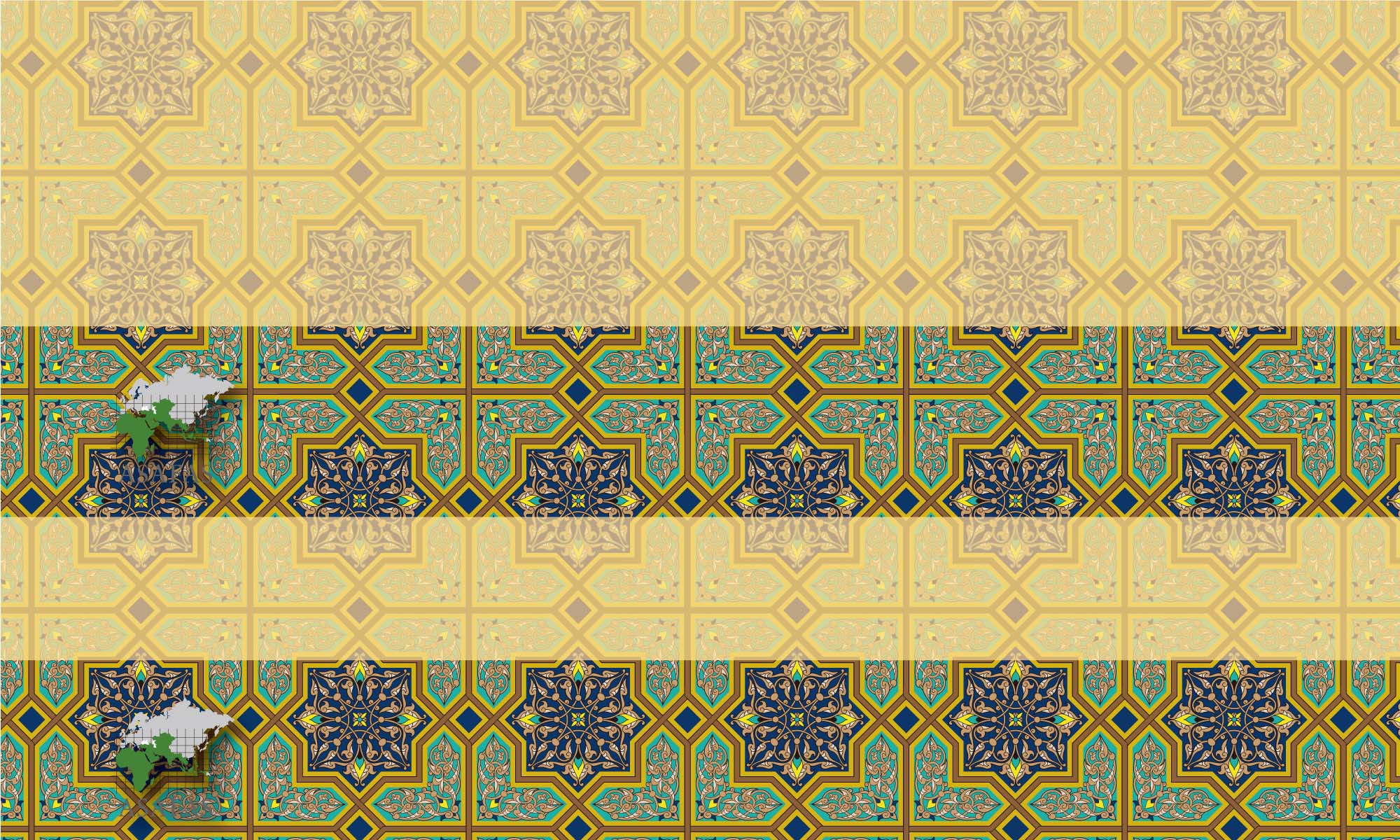
The First Conference of “Musical Practices as an Instrument for Spiritual Ascension, Praying and Practicing Faith”
Between Praying and Playing: Exploring the Potentials of Musical Performance in Religious Traditions
[Prospectus]
Music is an essential component of ritual practices and plays a central role in many religions, both historically and in contemporary contexts. The relationship between music (and related artificial expressions) and religion is shaped by a variety of often contradictory transcendent artistic concepts, normative functional claims, and theological expectations introduced by scholars, believers, religious and spiritual leaders, and musicians over time. This dialectical nature of music reflects the culture and musical perceptions of its respective era in diverse ways.
By examining music, literature, and ritual within the traditions of Sufi Islam/Tasawwuf and Japanese culture (Buddhism, Shintoism, Hidden Christianity), the workshop aims to highlight both unique and shared elements across metaphysical concepts, religious practice, and artistic expression.
Date: 25-26 February, 2025
Venue: Meeting Room (AA447), 4th Floor, Research Building No. 2, Kyoto University
[Program]
25 February, 2025 (Day One of the Conference: Meeting of East and West)
10:15-10:45 Opening Session (Opening remarks: Tonaga Yasushi & Tuba Işık, congratulatory speeches: Cemalnur Sargut, Chair: Suzuki Manami)
10:45-12:15 Session 1 (Chair: TONAGA Yasushi)
Tuba Işık: Singing as a Sufi Performance and its Impact on Character Cultivation
Michael Conway: Shinran’s Japanese Language Hymns in Contemporary Shin Buddhist Ritual
Arzu Eylül Yalçınkaya: Sufi Literature, Ritual, and Music/The Dynamics of Spiritual Awareness: Exploring Buddhist and Sufi Pathways through Text, Practice, and Sound
13:45-15:15 Session 2 (Chair: Hatice Dilek Güldütuna)
KOIZUMI Yurina: Reception of Christianity in Japan and its Influence on Various Arts
Vasfi Emre Ömürlü: Flow of a Least Known Zikir Example of Istanbul Tekke: Rifâî Kelîme-i Tevhîd Zikir
FUJITA Takanori: Sound patterns for invocation to the supernatural in kagura, the Shinto ritual and Noh drama of Japan
15:45-17:45 Performance Workshop
Vasfi Emre Ömürlü: Experiencing the Least Known Sûfî Practice of Rifâî Kıyam Kelîme-i Tevhîd Zikir
FUJITA Takanori: Yuri (“to Sway”) , the Sound Symbol Used to Revive the Solar Deity in Noh Drama
26 Febuary, 2025 (Day Two of the Conference: Artificial Expressions in between Practice and Meaning)
09:30-10:30 Sesssion 3 (Chair: AKAHORI Masayuki)
SUZUKI Manami: Melody and Lyrics in Cem Rituals of Alevi-Bektaşi: Music as a Form of Islam that Accompanies People
Birhan Gencer: Rifai Qiyâm Dhikr in the Tradition of Ümmü Kenan Lodge
10:45-11:45 Session 4 (Chair: İlknur Bahadır)
YAMAGUCHI Takumi: Corporeality of Otherness: A Typology of Bodily Reactions at Sufi Ritual of Spirit Possession in Morocco
Hatice Dilek Güldütuna: Mânâ of Sema Mukâbele and Mevlevî Âyin Example Through Various Composed Pieces
11:45-12:15 General Discussion (Chair: Akahori Masayuki)
12:15-12:30 Closing Session (Closing greetings: Elif Erhan, Chair: Suzuki Manami)
[Supporting research Projects]
Research on Moderate Islam in the Non-Arab World: From the Cases of Indonesia, Pakistan and Turkey (Grant-in-Aid for Scientific Research (A), JSPS)
Comprehensive Study of Sufism: Through Metaphysics, Literature, Music and Rituals (Fund for the Promotion of Joint International Research(B) (International Collaborative Research) JSPS)
Contact:inq-kr(at)asafas.kyoto-u.ac.jp





















